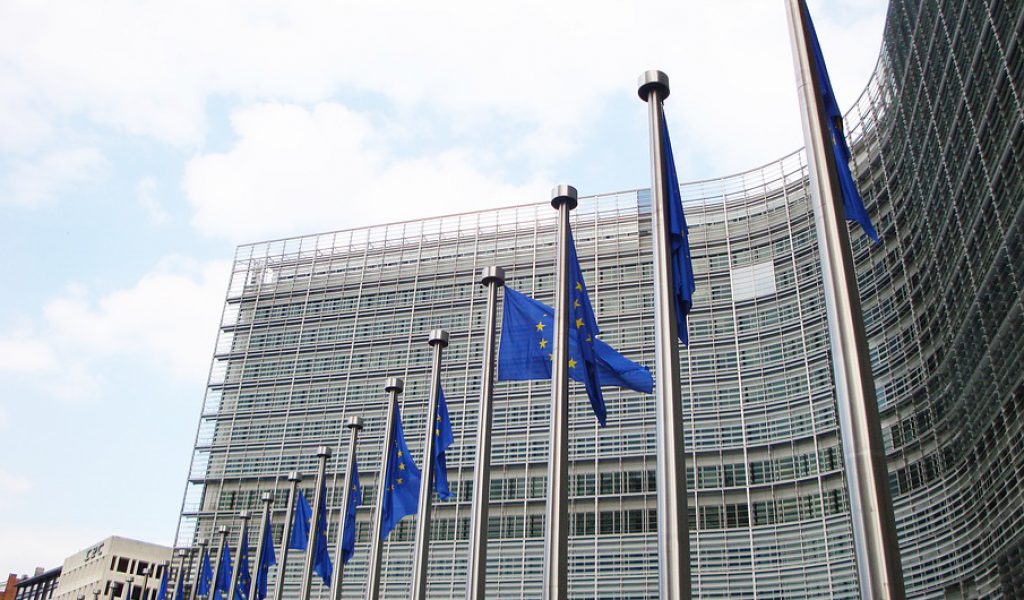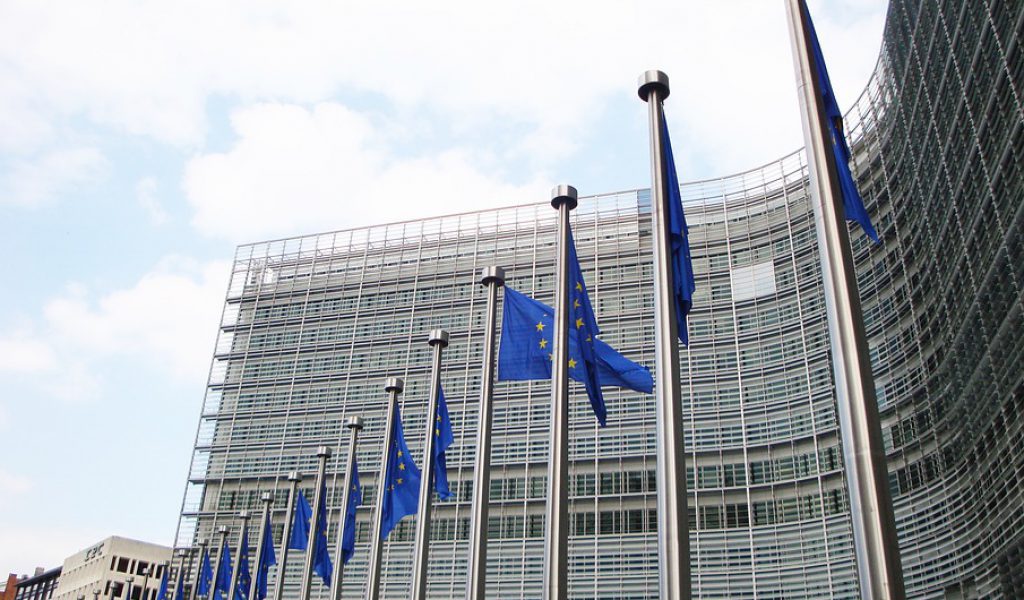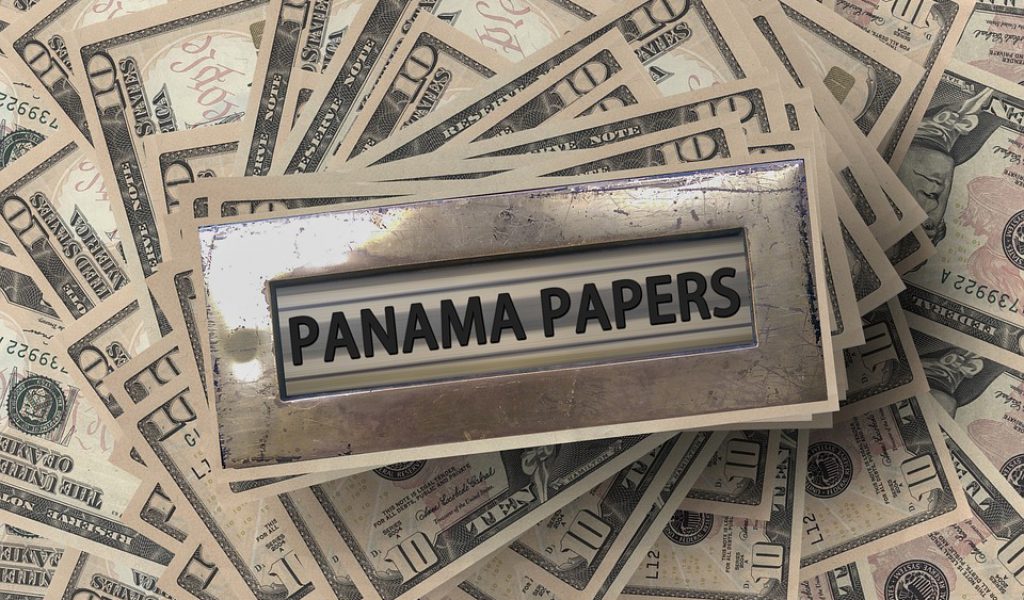Argentina: the return on the market is a success
The return on Argentine international markets after 15 years of "forced exile" was a success. Buenos Aires has placed on the bond market, resulting in $ 15 billion of loans with offers that have exceeded 65 billion dollars.
Argentina does not issued government bonds since the public finances in 2001 did collapse, triggering a default 100 billion of debt. In an environment of low interest rates and the search for yield on Argentina’s debt it has obviously attracted the attention, it being possible to provide a return to attractive investment for many investors, even institutional.









